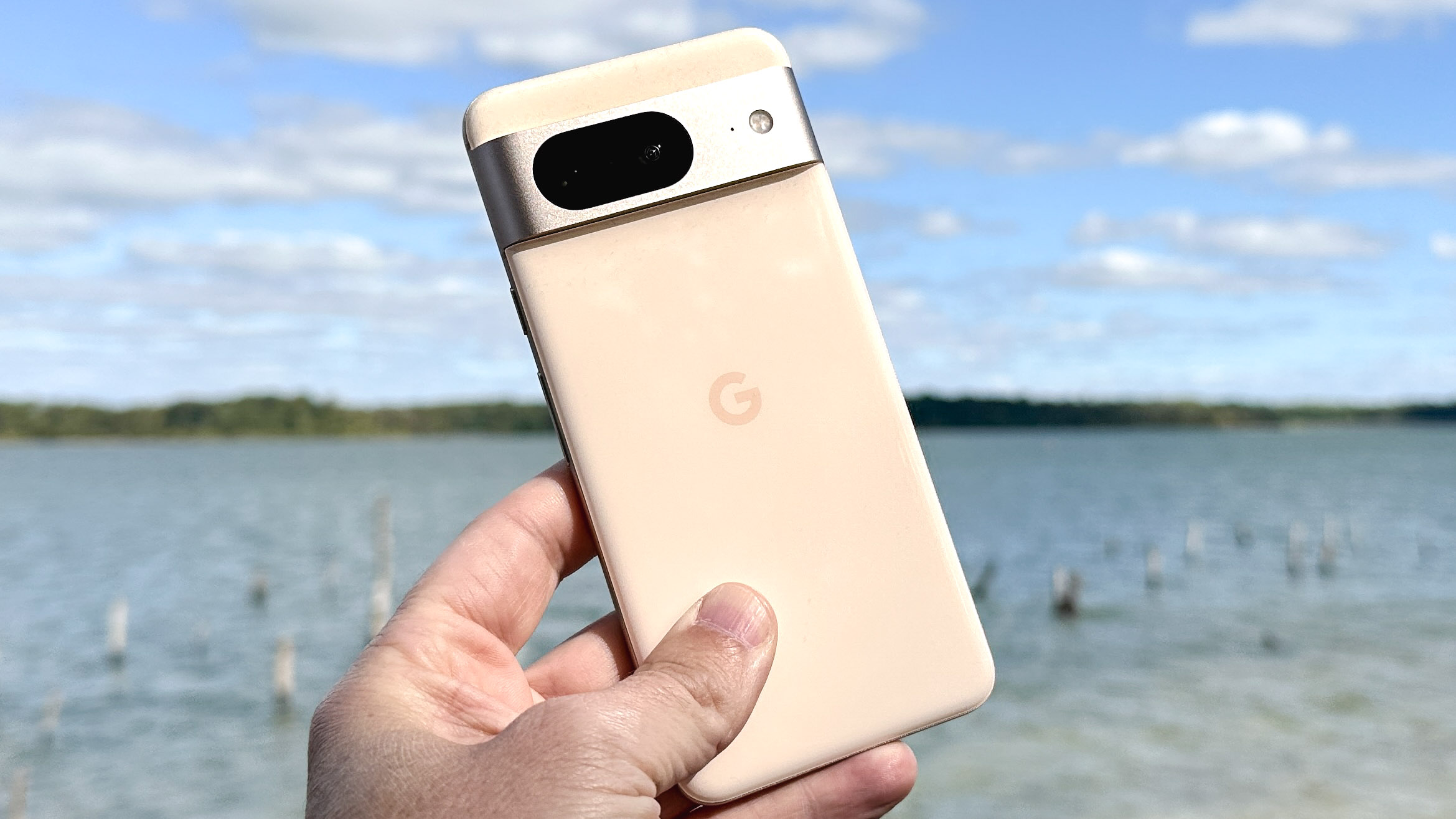Pixel 8’s initial Gemini AI snub was down to RAM, Google says
Is 8GB no longer enough?

Earlier this week, Google made a partial U-turn on its decision to make its on-device Gemini AI exclusive to the Pixel 8 Pro. Despite originally citing “hardware limitations” as a reason for the base Pixel 8 missing out, Google has now announced that Gemini Nano — a lightweight version of the software — will be coming to both devices after all.
Given both versions of the Pixel 8 have very similar specs, it seemed a little odd. What exactly were the hardware limitations that would make Gemini Nano tough to use on the cheaper version of the smartphone?
We now have an answer, courtesy of Seang Chau, Google’s VP of devices and software services. It’s all down to RAM.
“The Pixel 8 Pro, having 12GB of RAM, was a perfect place for us to put [Gemini Nano] on the device and see what we could do," Chau explained on the Made by Google podcast. "When we looked at the Pixel 8 as an example, the Pixel 8 has 4GB less memory, and it wasn't as easy of a call to just say, 'all right, we're going to enable it on Pixel 8 as well.'"
It doesn’t sound like it will be a cost-free implementation, and as a result, Google will make you jump through a few hoops to try it.
“The plan is that we would also make Gemini Nano available on Pixel 8 behind a developer option, so that developers who know exactly what the impact to their user experience will be are able to use this feature,” Chau explained. “And of course, any users that also understand the potential impact to the user experience are also able to use this feature.”
In other words, it seems like the extra 4GB RAM the Pixel 8 Pro has makes all the difference in ensuring that the phone’s regular non-AI functionality runs smoothly. And that means that if generative AI models like Gemini Nano aren’t just a passing fad, then smartphones may suddenly need a big RAM boost.
Get instant access to breaking news, the hottest reviews, great deals and helpful tips.
Currently, Android devices generally come with 8 or 12GB RAM. There are outliers in both directions — some budget handsets pack as little as 3GB, while top-end handsets boast of having an overkill 24GB — but the vast majority sit in the 8-12GB zone.
At the moment, that’s fine. Android Authority has done extensive testing on this, putting phones with varying quantities of RAM through their paces on a variety of tasks, and its conclusions are straightforward: “8GB to 12GB RAM is ideal, while 16GB seems to be nothing more than just bragging rights.”
If consumer-facing generative AI isn’t just a flash in the pan however, we may soon see those figures shift upwards.
Freelance contributor Alan has been writing about tech for over a decade, covering phones, drones and everything in between. Previously Deputy Editor of tech site Alphr, his words are found all over the web and in the occasional magazine too. When not weighing up the pros and cons of the latest smartwatch, you'll probably find him tackling his ever-growing games backlog. He also handles all the Wordle coverage on Tom's Guide and has been playing the addictive NYT game for the last several years in an effort to keep his streak forever intact.
 Club Benefits
Club Benefits






